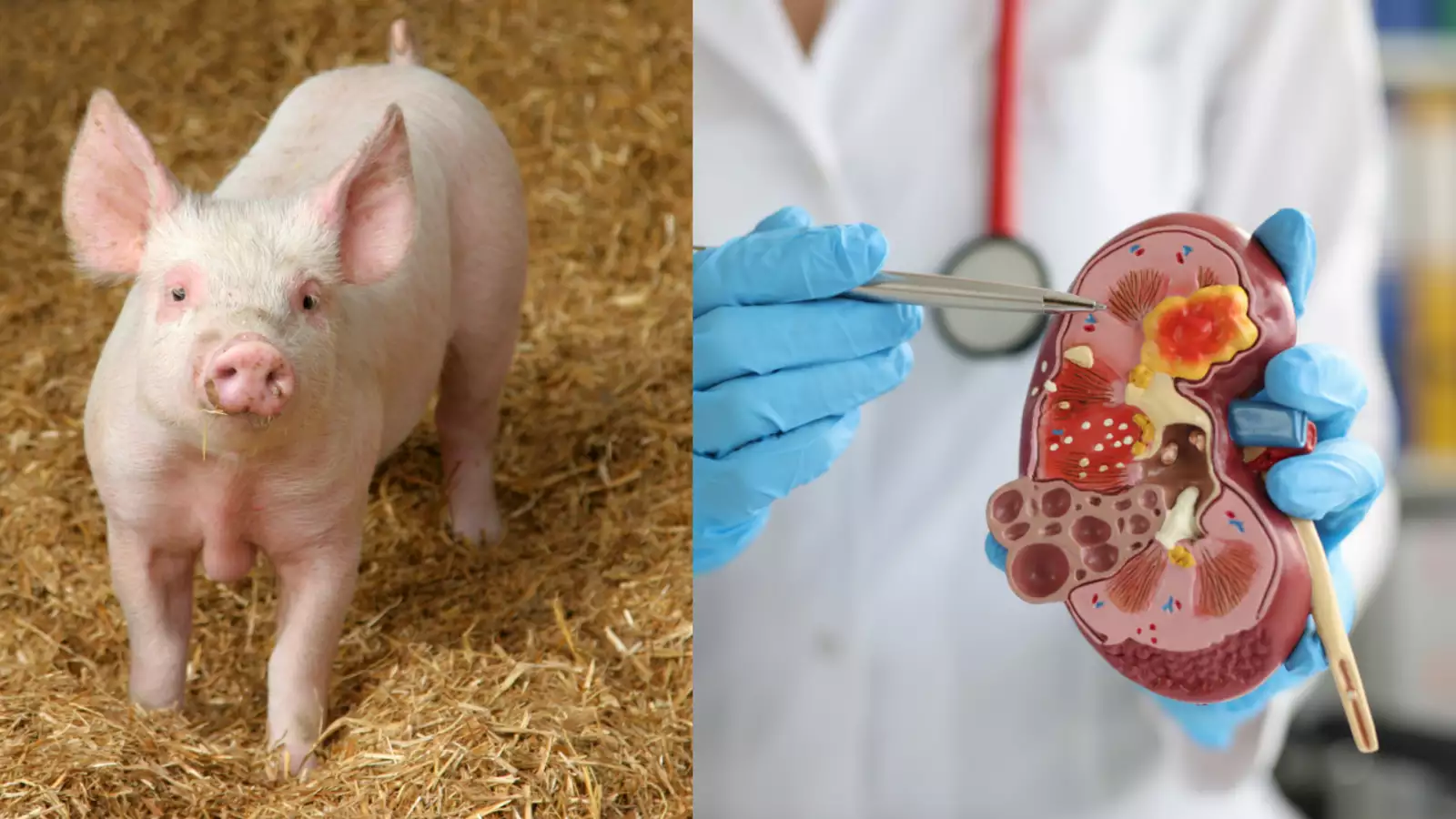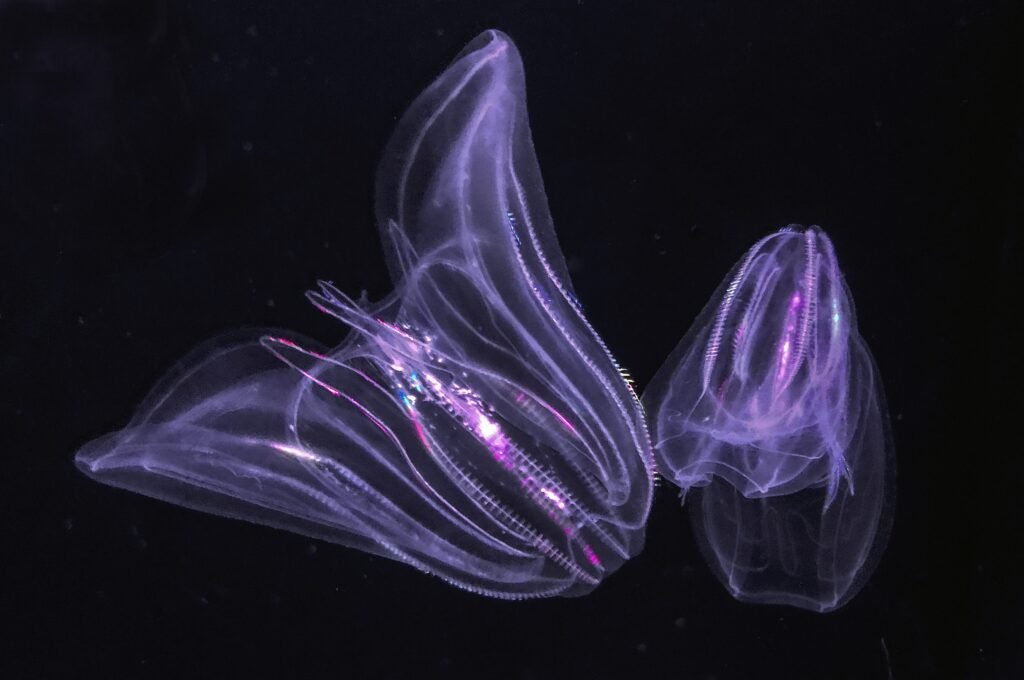Chinese doctors transplanted pig kidney into brain-dead human body
Chinese doctors have successfully transplanted a pig kidney into a brain-dead human body with several gene modifications. According to media reports, the transplanted pig kidney by Chinese doctors has been working continuously for 13 days.
This transplantation was the first kind of such operation in China after similar transplants in the United States. A group of medical professionals who had just a few weeks prior completed a pig liver transplant successfully on March 25, 2024, before conducting this operation.

Qin Weijun is the director of the Air Force Medical University Xijing Hospital. According to Qin, the transplanted kidney has been working continuously for 13 days. It is functioning well in the recipient’s body and producing urine normally.
Doctors inserted two human genes into the pig for the transplant using CRISPR/Cas9 gene-editing technique to make this transplant successful. They eliminated three pig genes that could result in hyperacute rejection.
Hyperacute rejection refers to a process in which a receiver body’s immune system recognizes the newly transplanted organ as a threat and attacks.
Families of patients in both pig kidney and liver transplant cases approved the operations to expand medical horizons. Medical professionals started such transplantations as millions of Chinese people have end-stage kidney disease each year, for which a kidney transplant is the only treatment available.
However, the Department of Urology at the Air Force Medical University stated only 10,000 transplants have been performed in China so far.

Click here to read updates on AI Biomimetic Olfactory Chips that enable robots to smell like humans
Chinese doctors transplanted a pig kidney following Xenogenic transplants. These transplants go from one species to another.
Since the US Food and Drug Administration (FDA) has banned the use of monkeys. Hence, researchers initiated transplantation using pigs as preferred animals. Because pigs have similar metabolisms and organ sizes to humans. FDA banned monkey organ transplantation into humans due to increased risks of disease transmission.
However, research study shows there is an increased risk of acute rejection following these transplants. As well as the spread of infectious illnesses from donor animals to humans.
Read More:
- Sea creature turns into a baby when it is stressed out showing time travel
- Realme Narzo 70 Turbo 5G launch date, features, specifications & price
- European Space Agency printed 3D metal part in space for first time
- Earth’s mysterious Alaska triangle where over 20,000 people disappeared
- Philips Hue launched a new smart lighting solution for kitchen
- NASA to launch life-searching spacecraft to Jupiter’s moon Europa
Share this content:










Post Comment